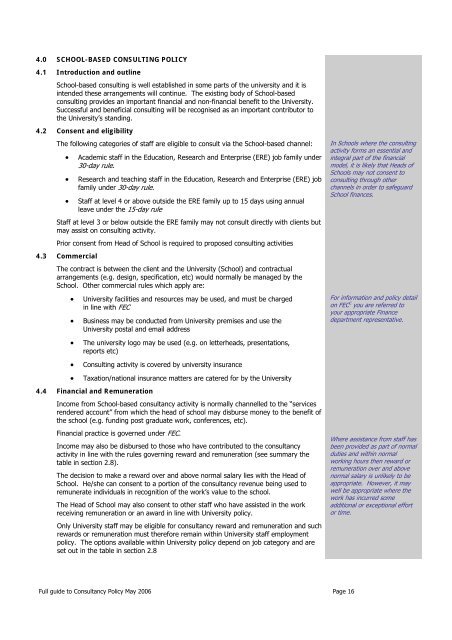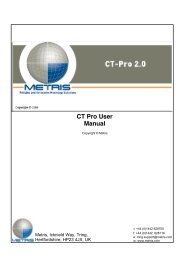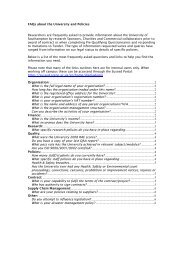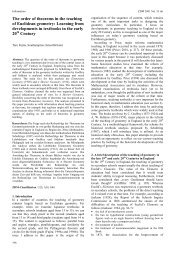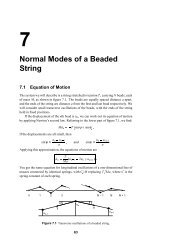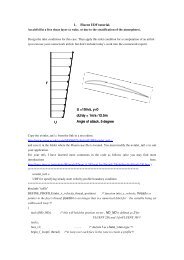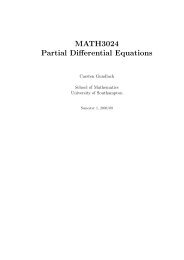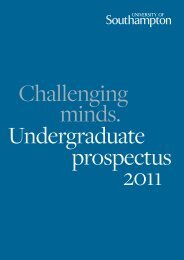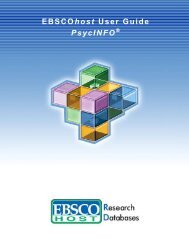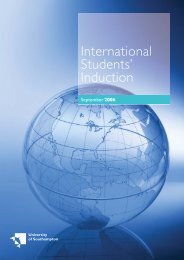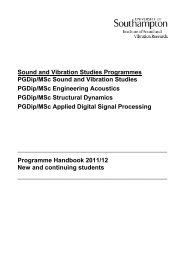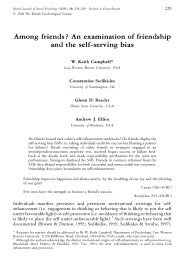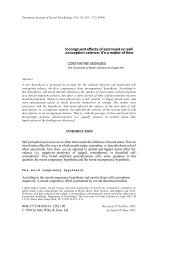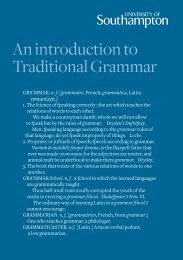Full guide to Consultancy Policy May 2006 Page 1 - University of ...
Full guide to Consultancy Policy May 2006 Page 1 - University of ...
Full guide to Consultancy Policy May 2006 Page 1 - University of ...
You also want an ePaper? Increase the reach of your titles
YUMPU automatically turns print PDFs into web optimized ePapers that Google loves.
4.0 SCHOOL-BASED CONSULTING POLICY<br />
4.1 Introduction and outline<br />
School-based consulting is well established in some parts <strong>of</strong> the university and it is<br />
intended these arrangements will continue. The existing body <strong>of</strong> School-based<br />
consulting provides an important financial and non-financial benefit <strong>to</strong> the <strong>University</strong>.<br />
Successful and beneficial consulting will be recognised as an important contribu<strong>to</strong>r <strong>to</strong><br />
the <strong>University</strong>’s standing.<br />
4.2 Consent and eligibility<br />
The following categories <strong>of</strong> staff are eligible <strong>to</strong> consult via the School-based channel:<br />
• Academic staff in the Education, Research and Enterprise (ERE) job family under<br />
30-day rule.<br />
• Research and teaching staff in the Education, Research and Enterprise (ERE) job<br />
family under 30-day rule.<br />
• Staff at level 4 or above outside the ERE family up <strong>to</strong> 15 days using annual<br />
leave under the 15-day rule<br />
Staff at level 3 or below outside the ERE family may not consult directly with clients but<br />
may assist on consulting activity.<br />
Prior consent from Head <strong>of</strong> School is required <strong>to</strong> proposed consulting activities<br />
4.3 Commercial<br />
The contract is between the client and the <strong>University</strong> (School) and contractual<br />
arrangements (e.g. design, specification, etc) would normally be managed by the<br />
School. Other commercial rules which apply are:<br />
• <strong>University</strong> facilities and resources may be used, and must be charged<br />
in line with FEC<br />
• Business may be conducted from <strong>University</strong> premises and use the<br />
<strong>University</strong> postal and email address<br />
In Schools where the consulting<br />
activity forms an essential and<br />
integral part <strong>of</strong><br />
the financial<br />
model, i t is likely that Heads <strong>of</strong><br />
Schools may not consent <strong>to</strong><br />
consulting through other<br />
channels in order <strong>to</strong> safeguard<br />
School finances.<br />
For information and policy detail<br />
on FEC C you are referred <strong>to</strong><br />
your appropriate Finance<br />
department representative.<br />
• The university logo may be used (e.g. on letterheads, presentations,<br />
reports etc)<br />
• Consulting activity is covered by university insurance<br />
• Taxation/national insurance matters are catered for by the <strong>University</strong><br />
4.4 Financial and Remuneration<br />
Income from School-based consultancy activity is normally channelled <strong>to</strong> the “services<br />
rendered account” from which the head <strong>of</strong> school may disburse money <strong>to</strong> the benefit <strong>of</strong><br />
the school (e.g. funding post graduate work, conferences, etc).<br />
Financial practice is governed under FEC.<br />
Income may also be disbursed <strong>to</strong> those who have contributed <strong>to</strong> the consultancy<br />
activity in line with the rules governing reward and remuneration (see summary the<br />
table in section 2.8).<br />
The decision <strong>to</strong> make a reward over and above normal salary lies with the Head <strong>of</strong><br />
School. He/she can consent <strong>to</strong> a portion <strong>of</strong> the consultancy revenue being used <strong>to</strong><br />
remunerate individuals in recognition <strong>of</strong> the work’s value <strong>to</strong> the school.<br />
The Head <strong>of</strong> School may also consent <strong>to</strong> other staff who have assisted in the work<br />
receiving remuneration or an award in line with <strong>University</strong> policy.<br />
Only <strong>University</strong> staff may be eligible for consultancy reward and remuneration and such<br />
rewards or remuneration must therefore remain within <strong>University</strong> staff employment<br />
policy. The options available within <strong>University</strong> policy depend on job category and are<br />
set out in the table in section 2.8<br />
Where assistance from staff has<br />
been provided as part <strong>of</strong> normal<br />
duties and within normal<br />
working hours then reward or<br />
remuneration over and above<br />
normal salary is unlikely <strong>to</strong> be<br />
appropriate. However, it may<br />
well be appropriate where the<br />
work has incurred some<br />
additional o r exceptional effort<br />
or time.<br />
<strong>Full</strong> <strong>guide</strong> <strong>to</strong> <strong>Consultancy</strong> <strong>Policy</strong> <strong>May</strong> <strong>2006</strong> <strong>Page</strong> 16


